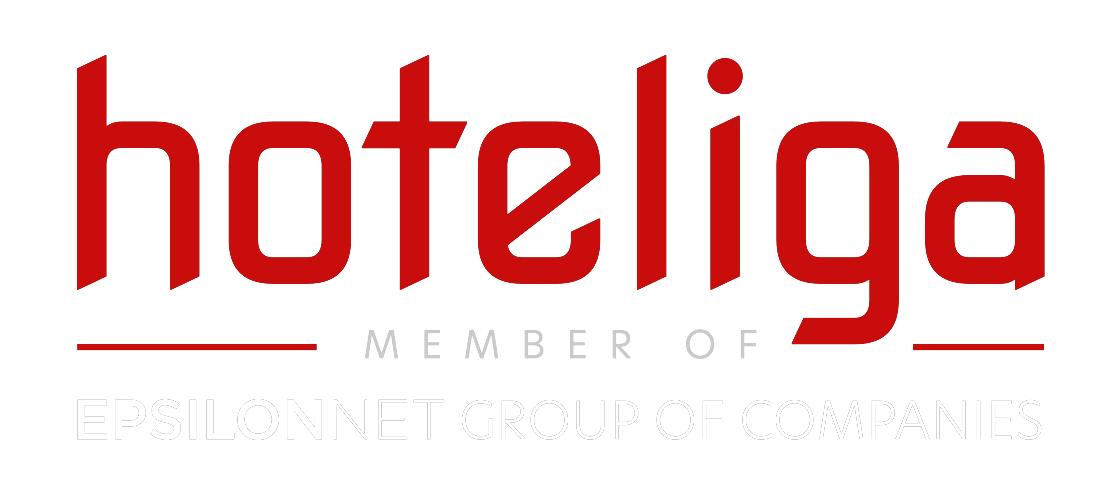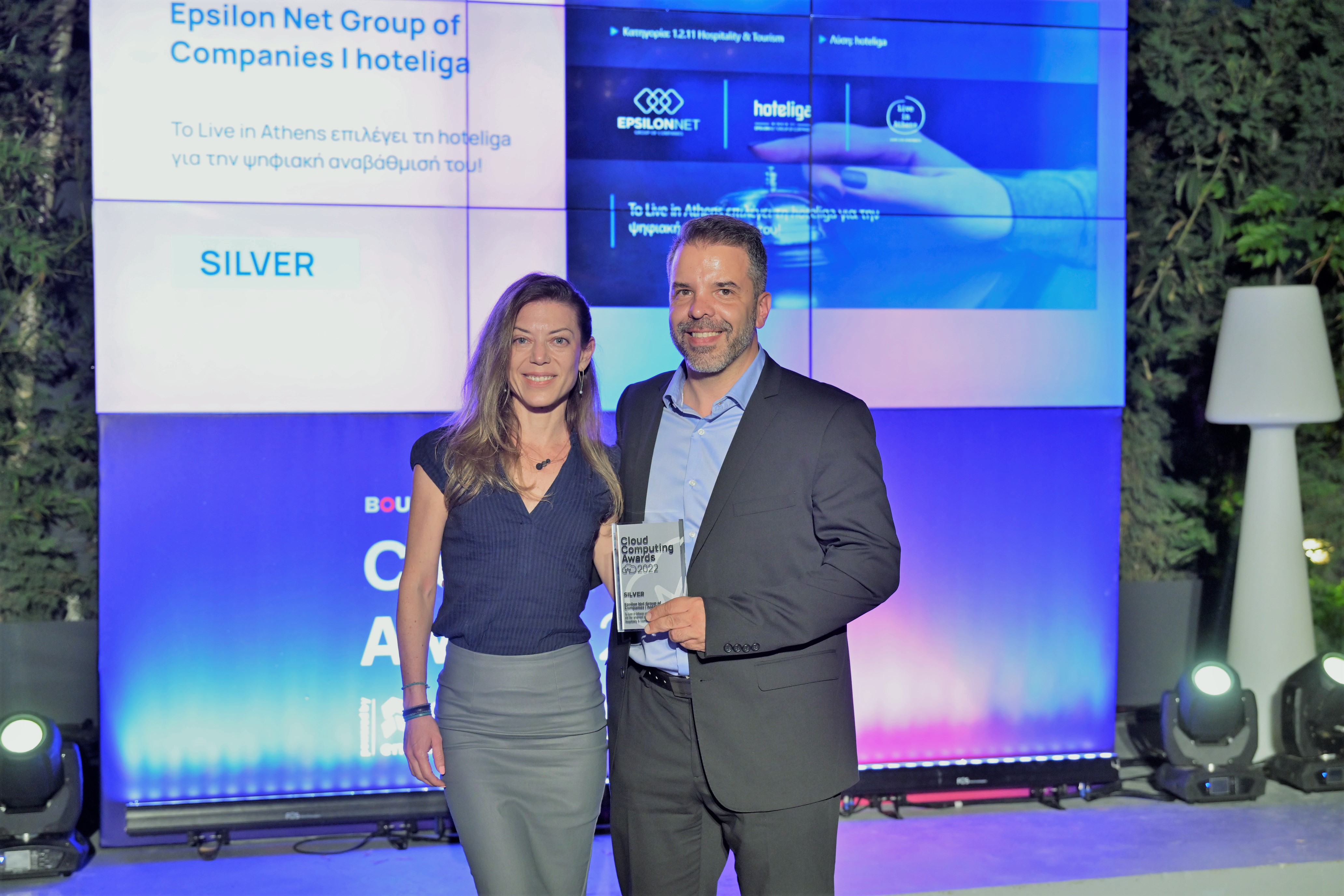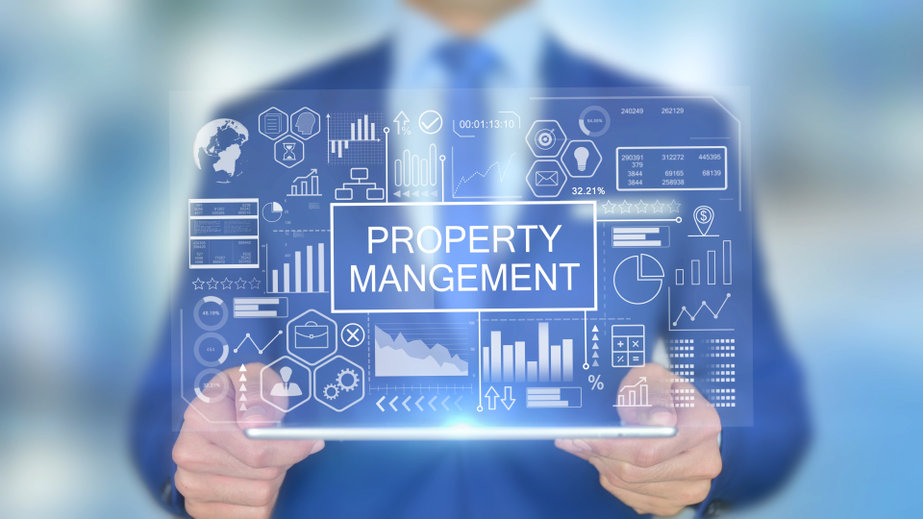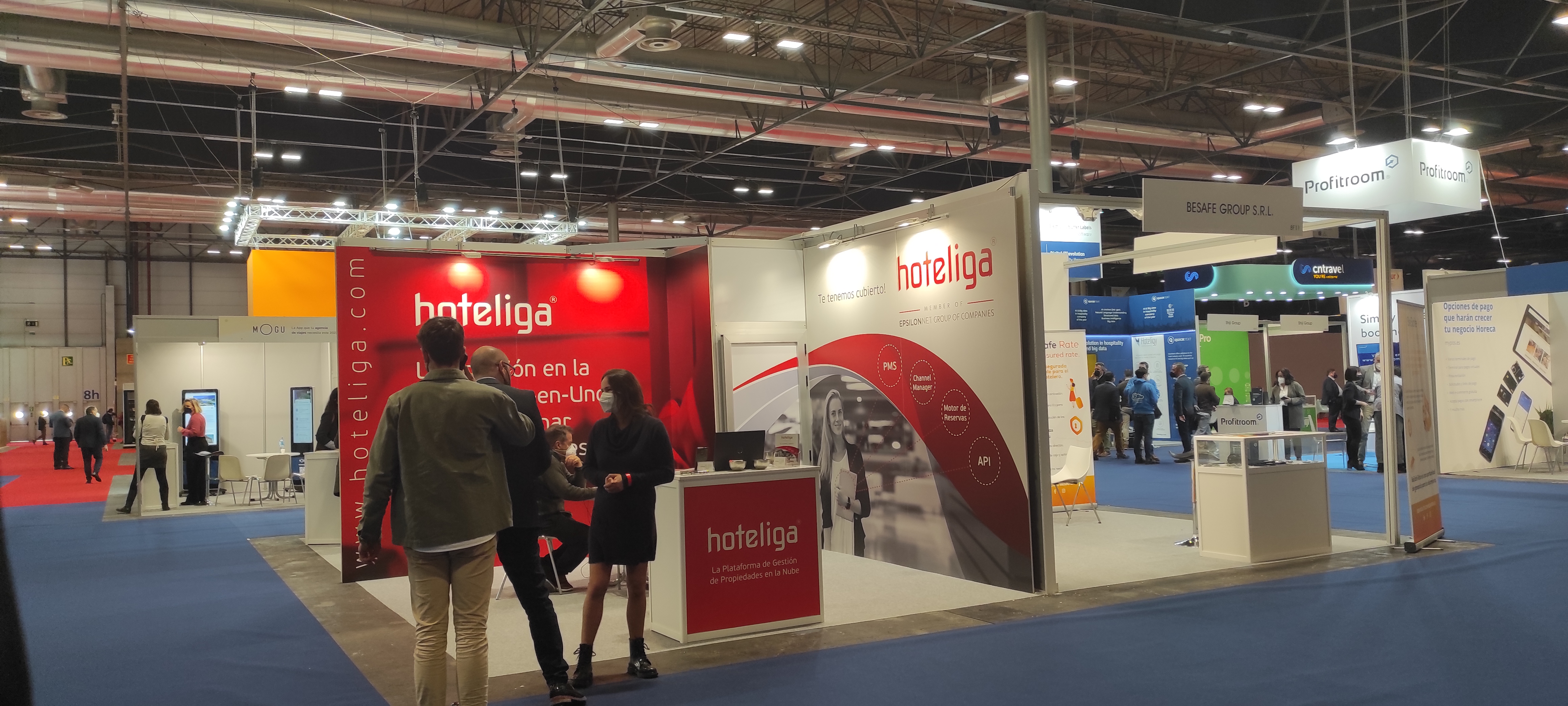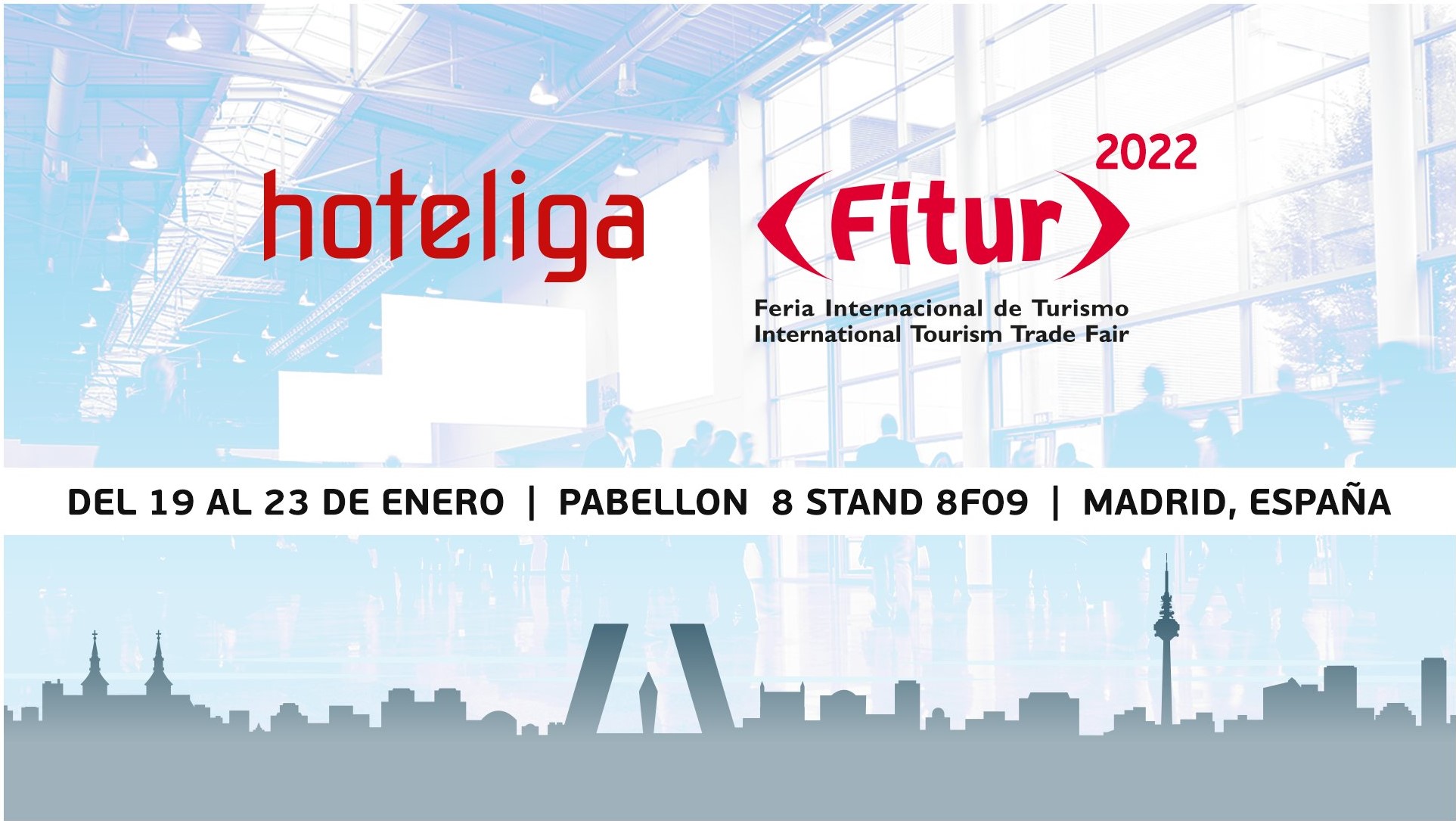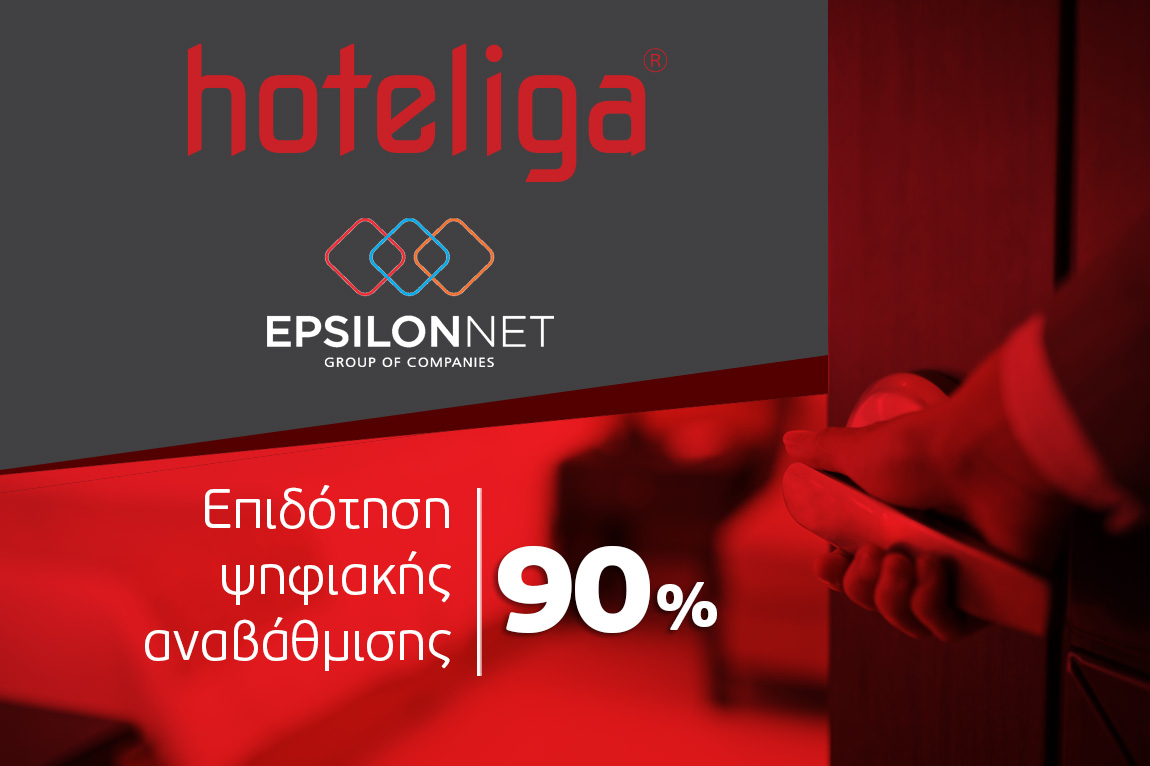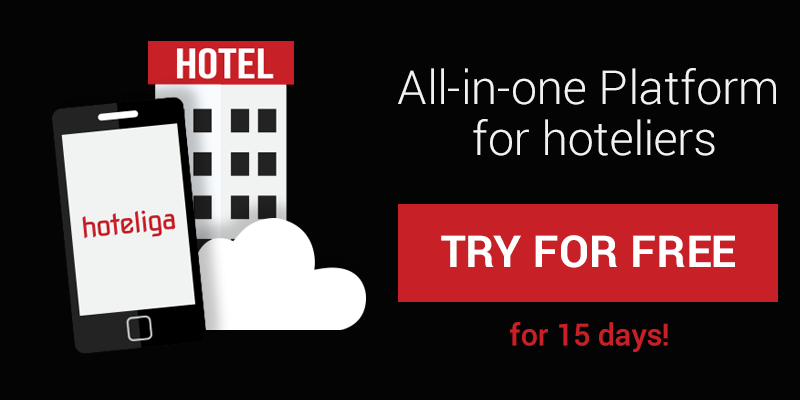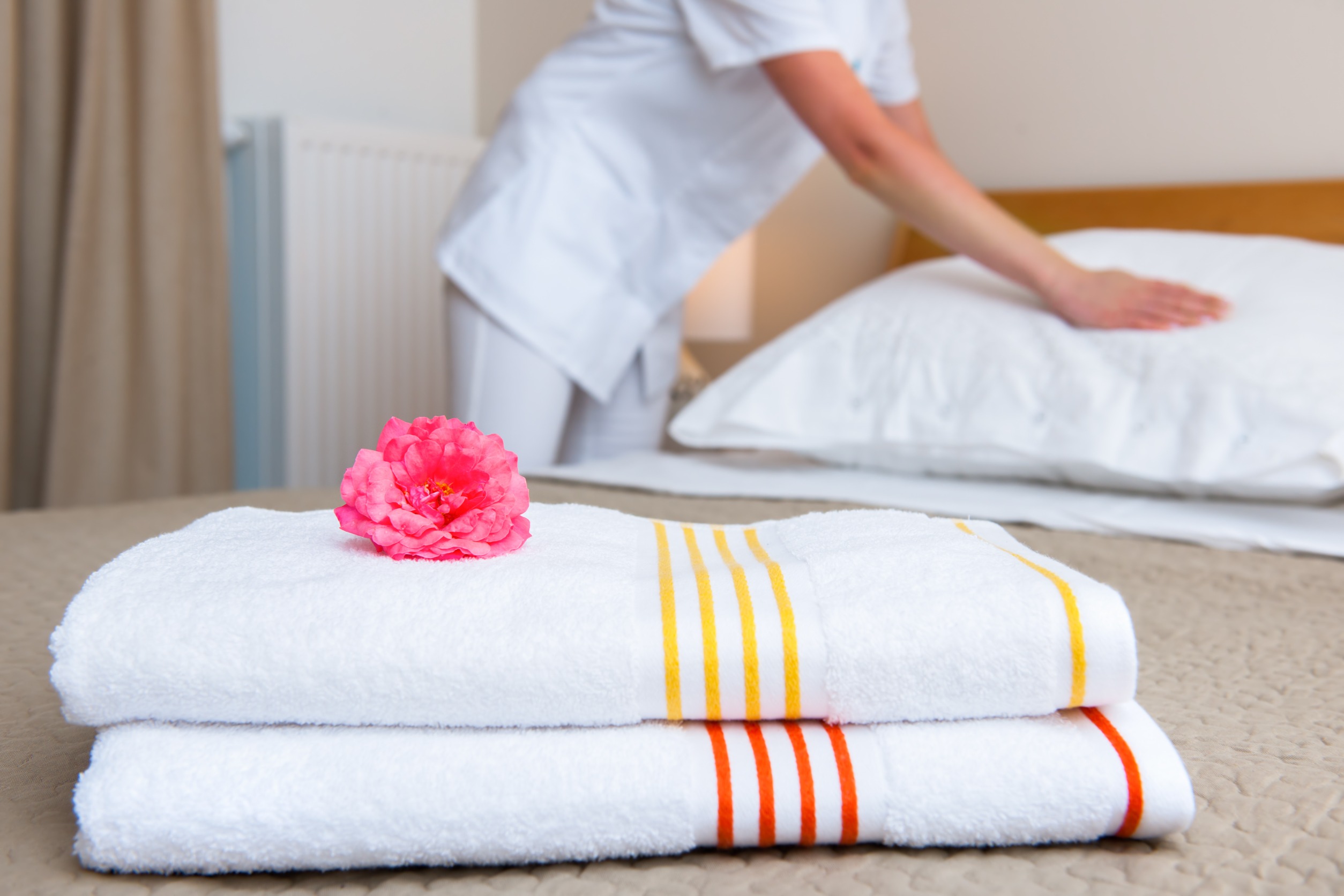
7 Tips For Better Hotel Maintenance Management
In the fast-paced and competitive hotel industry, delivering exceptional services and experiences hinges on effective hotel maintenance management. By prioritizing maintenance, hotels can provide top-quality services while implementing cost-reducing strategies to ensure smooth operations. Hotel maintenance management encompasses the restoration and enhancement of every aspect of the hotel, contributing to its overall success. While setting up and running a hotel can be challenging, effective maintenance management plays a crucial role in ensuring seamless execution and optimal performance. In this blog, we will explore valuable tips and insights for achieving better hotel maintenance management, enabling hoteliers to enhance guest satisfaction, streamline operations, and maximize profitability.
1. Implement Standard Operating Procedures
In hotel maintenance, the implementation of standard operating procedures (SOPs) brings numerous benefits. SOPs provide step-by-step instructions for task execution, minimizing the risk of overlooking any crucial steps and ensuring the effective completion of tasks. By following SOPs, the quality of maintenance work can be consistently maintained. The use of standard operating procedures in hotel maintenance promotes efficiency, accuracy, and a higher level of professionalism in carrying out maintenance tasks. By adhering to established SOPs, hotel maintenance teams can streamline their operations and deliver reliable and high-quality maintenance services.
2. Use Enterprise Asset Management (EAM) software
Hotels can greatly benefit from implementing enterprise asset management software. This software enables efficient asset tracking, preventive maintenance scheduling, inventory management, work order prioritization, and cost control. By optimizing maintenance and repair operations, EAM software reduces downtime, extends asset lifespan, and facilitates informed decision-making regarding maintenance budgets.
Moreover, EAM software aids hotels in meeting safety and regulatory requirements. It allows for scheduling and tracking safety inspections, ensuring asset compliance with regulations. Additionally, EAM software supports sustainability initiatives by monitoring energy consumption and emissions. By centralizing asset tracking and maintenance activities, EAM software streamlines operations minimizes manual errors, and enhances overall service quality. Ultimately, hotels can provide an enhanced guest experience while reducing costs and maximizing asset performance with the help of EAM software.
3. Have A Checklist For Daily Maintenance
Having a daily maintenance checklist is invaluable for hotels without an automated system. This checklist serves as a comprehensive record of essential tasks, facilitating their efficient and timely completion. By utilizing a checklist, hotel maintenance management becomes more manageable.
The act of ticking off completed items on the checklist provides a sense of satisfaction, knowing that tasks are being accomplished as scheduled. It is also crucial to keep all logs updated to ensure that no maintenance is overlooked. By diligently maintaining accurate records, hotels can stay organized and ensure that all necessary maintenance activities are performed.
4. Put More Emphasis On Preventive Maintenance
Maintaining the optimal functioning of your hotel assets is crucial, and one way to achieve this is through preventive maintenance. While reactive maintenance is also important, it can result in additional expenses and negatively affect your bookings.
On the other hand, by investing in preventive maintenance, you can ensure that your hotel assets are regularly repaired and restored, effectively preventing unexpected breakdowns. This proactive approach helps you avoid disruptions to your operations and provides a seamless experience for your guests.
By allocating resources to preventive expenses, you prioritize the ongoing care and maintenance of your hotel assets. This helps you mitigate risks, extend the lifespan of your equipment, and minimize costly emergency repairs. Ultimately, preventive maintenance contributes to the smooth functioning of a hotel ,enhancing guest satisfaction and positively impacting your overall business performance.
5. Hire Right-Fit Candidates
Ensuring top-notch maintenance for your hotel entails hiring the best staff who possess the necessary skills and expertise in both preventive and reactive maintenance management. Untrained personnel can inadvertently cause more harm than good. To establish and maintain high standards, it's crucial to define Standard Operating Procedures (SOPs) and provide additional training as needed.
Regularly evaluating the performance of your maintenance staff is essential to ensure they consistently meet the established standards. This evaluation process enables you to identify areas for improvement and address any shortcomings promptly. By investing in the continuous development of your maintenance team, you can enhance their skills, knowledge, and effectiveness in maintaining the hotel's facilities.
A well-trained and competent maintenance staff, supported by clear SOPs and ongoing evaluation, plays a vital role in upholding the maintenance standards of your hotel. Their expertise and commitment contribute to efficient operations, guest satisfaction, and the overall success of your establishment.
6. Ensure Effective Communication
Clear and open communication is essential for the smooth operation of a hotel. For instance, when a guest reports a faulty faucet to the receptionist, it is crucial for the receptionist to communicate the issue promptly to the housekeeping team. Failure to do so may result in delayed resolution, potentially leading to a negative perception of the hotel by the guest.
Effective communication is also vital among the staff to prevent misunderstandings and confusion. When communication channels are open and efficient, it promotes teamwork and ensures everyone is aligned with the hotel's goals and standards.
By prioritizing effective communication within the hotel, you can enhance guest satisfaction, improve internal coordination, and maintain a positive image of your establishment.
Additionally, In the context of hotel security, effective communication takes on an even more crucial role. Ensuring the safety of guests and staff demands swift, coordinated responses to potential security threats or emergencies. Two-way radio headsets , for instance, provide a direct and immediate channel of communication that can be instrumental in maintaining security protocols. These headsets enable security personnel and hotel staff to share real-time information, coordinate responses, and convey critical updates discreetly and efficiently.
7. Outsource Maintenance When Needed
Outsourcing maintenance services can greatly enhance hotel maintenance management. Many agencies offer outsourced servicing, but conducting thorough research is essential to find the right fit for your hotel. By entrusting maintenance to capable professionals through outsourcing, hotel owners can ensure that their facilities are well-maintained and aligned with industry standards. This, in turn, contributes to the overall success and reputation of the hotel.
Author bio:
Lindsey Walker is the marketing manager for NEXGEN, a Sacramento-based industry leader in designing advanced computerized maintenance management systems and asset management software tools for utilities, facilities, public works, manufacturing, and fleet industries. In her free time, Lindsey enjoys travelling and reading, which allows her to gain new perspectives and inspiration for her work. She is committed to creating content that connects well with her readers, enhancing their digital experiences.
